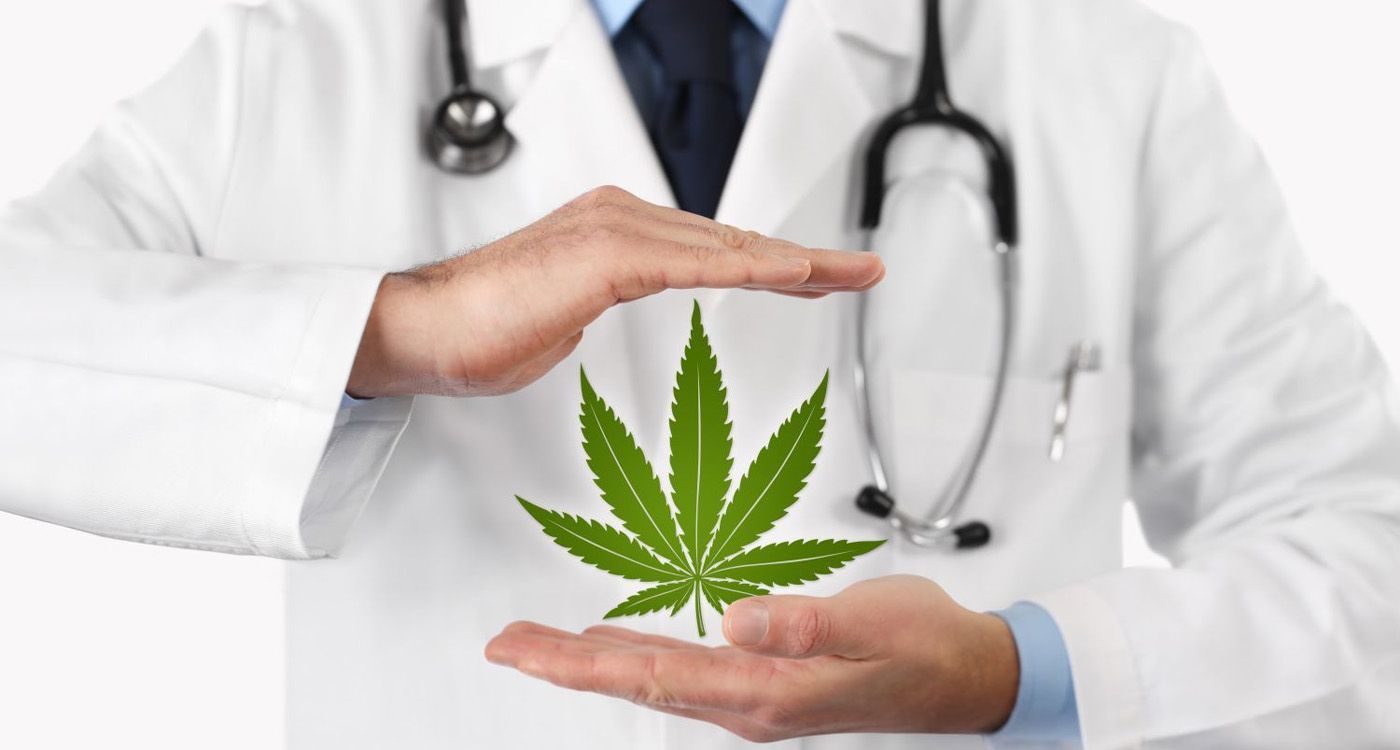
On the eve of the government conference on July 16 at the Grand Serail, Lebanon is preparing to regulate the cultivation of cannabis for medical and industrial purposes. Between economic ambitions, therapeutic potential and institutional fragility, this explosive issue crystallizes all the contradictions of the Lebanese state.
In the medical world, cannabis is no longer a taboo. Its derivatives, such as CBD or THC, are used in several countries to relieve chronic pain.
A Plant with Proven Medical Virtues
Medical cannabis is prescribed in many countries to relieve chronic pain resistant to standard treatments, notably in patients with cancer, HIV or neurological diseases. It helps reduce the spasms of multiple sclerosis, improves the quality of life in palliative care and significantly reduces chemotherapy-induced nausea. Certain forms of refractory childhood epilepsy, such as Dravet syndrome, also respond to cannabidiol (CBD). In these cases, cannabis does not cure, but it soothes, stabilizes and allows for a partial return to daily life.
By integrating therapeutic cannabis into its legislative arsenal in 2020, Lebanon acknowledged this medical reality… without actually implementing it. Even today, not a single gram of cannabis has been legally produced in the country.
The announcement of the holding, Thursday, July 16, of a major official conference under the patronage of the Prime Minister at the Grand Serail therefore marks a turning point. The government plans to officially launch the cannabis sector there, by finally activating the regulatory authority that has been awaited since 2020.
A Regulatory Framework Five Years in the Making
Voted in 2020, Law Number 178 authorizes the cultivation of cannabis strictly for medical and industrial purposes. It provides for the creation of an autonomous regulatory authority, composed of seven members representing the Ministries of Health, Agriculture, Justice and Interior, as well as two independent experts.
Five years later, this system seems to be finally emerging from the deadlock. The Ministry of Agriculture recently announced that the list of candidates for this authority has been finalized and that its formation will take place by the end of July or beginning of August, at the request of Prime Minister Nawaf Salam. This body will be responsible for issuing nine types of licenses covering all stages of the supply chain: cultivation, extraction, processing, distribution, export…
It must also establish a clear mechanism for implementation, control and traceability. Once operational, it could pave the way for a structured, controlled and potentially profitable sector.
Priority will be given to the most neglected rural regions, notably Baalbeck-Hermel and Akkar. Farmers will be able to join cooperatives, invest in production companies, or even found a union. A local office of the authority will be set up in Baalbeck to maintain close contact with producers.
An Agricultural Response to a Deep Crisis
If this reform raises so many expectations, it is because it comes in a desperate agricultural context. In the Beqaa, farmers are exhausted. Crops were ravaged this year by drought, climate unpredictability and soaring production costs. Over 90% of the cherry crop was lost. Exports are paralyzed, lands are abandoned, countryside deserted.
In this chaos, cannabis appears as the last agricultural resort for some farmers. Historically present in the region since the beginning of the 20th century, often tolerated, sometimes repressed, it has never truly disappeared. Today, it is returning in its legal version, with the hope of transforming a parallel economy into a lever for rural development.
A Fragile Economic Promise
As early as 2018, the consulting firm McKinsey identified cannabis cultivation as one of the rare possible engines for Lebanon’s recovery. The report mentioned more than $1 billion in annual revenue, or even $4 billion in the long term, if cultivation reached 1,000 hectares and if the products were exported. This potential, still theoretical, will depend on the state’s ability to oversee the entire process.
Some private actors, notably in the Lebanese pharmaceutical sector, are closely following developments. They see in it a local investment opportunity, with potential export markets in the medical and therapeutic sectors. But everything will depend on the seriousness of the oversight.
Because while cannabis can be an economic remedy, it can also be nothing more than a mirage – or even a new fault line.
A Sector Under Close Watch
A few hours before the conference, several concerns remain. The risk of diversion for recreational or illegal purposes is real. Experience has shown that parallel circuits are well established, especially in regions where state authority is weak. The hijacking of licenses by political groups or mafia networks is also feared, as are conflicts of interest between traditional producers and official structures.
In short, organizing a cannabis sector in a country where governance is unstable amounts to handling a ticking time bomb in a nation riddled with informality.
When the State Regulates What It Never Managed to Forbid
The paradox is clear: by legalizing a crop it never managed to forbid, the state now hopes to turn it into a source of revenue and a tool of regulation. In the absence of sovereign authority over the whole national territory, the legalization of cannabis will at least allow the state… to get its share of the pie. An ironic phrase, but one that reveals a certain Lebanese pragmatism.
Lebanon at a Crossroads
On the eve of July 16, Lebanon seems ready to turn a taboo into a tool. Can therapeutic cannabis truly become a productive, ethical, sustainable and profitable industry? Can it be at once a medicine for patients, a lifeline for farmers and a revenue for the state? Everything will depend on the implementation. And on the political will to turn law into reality.
On Thursday, Lebanon may well plant the first seed of a historic reform. The question remains whether it will bear fruit – or sow chaos.




Comments